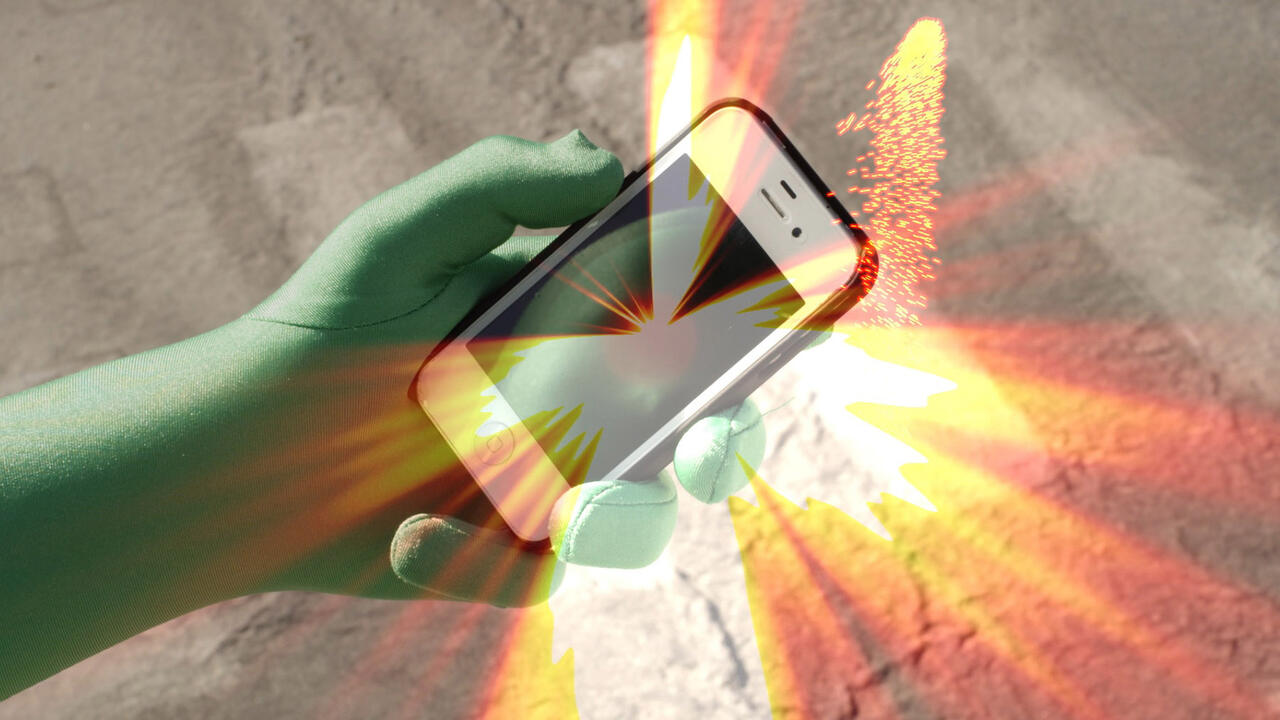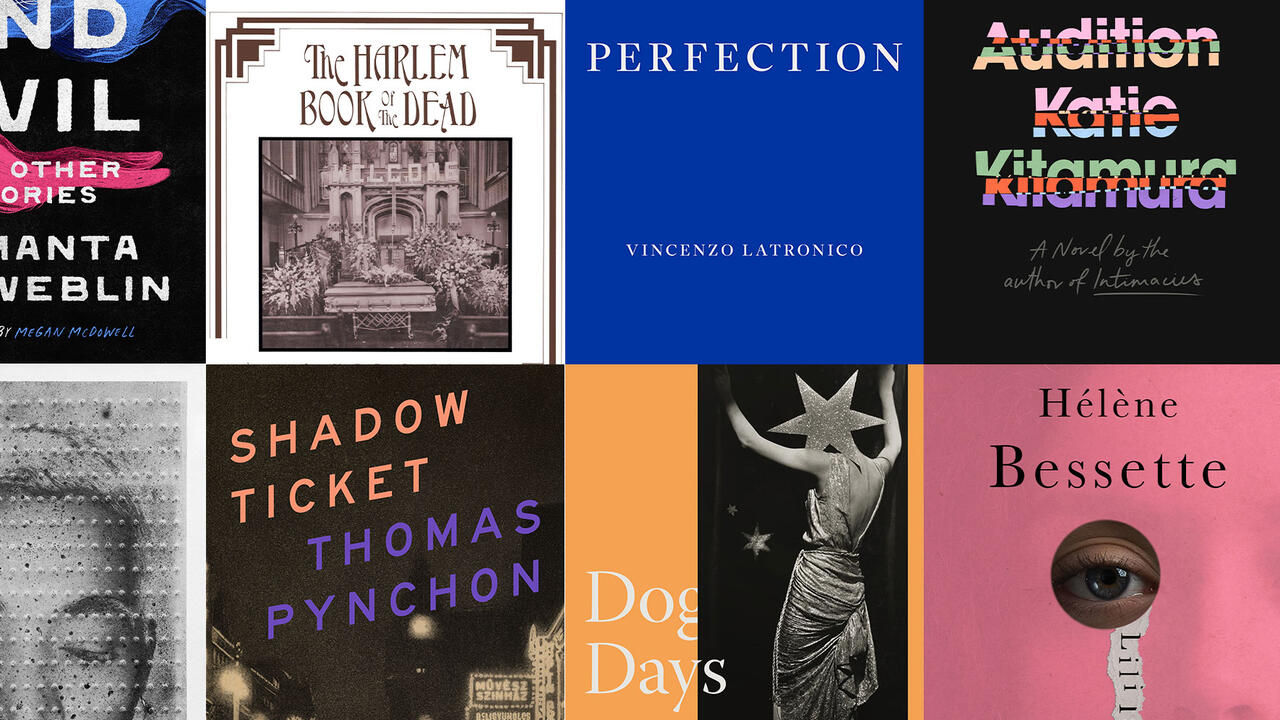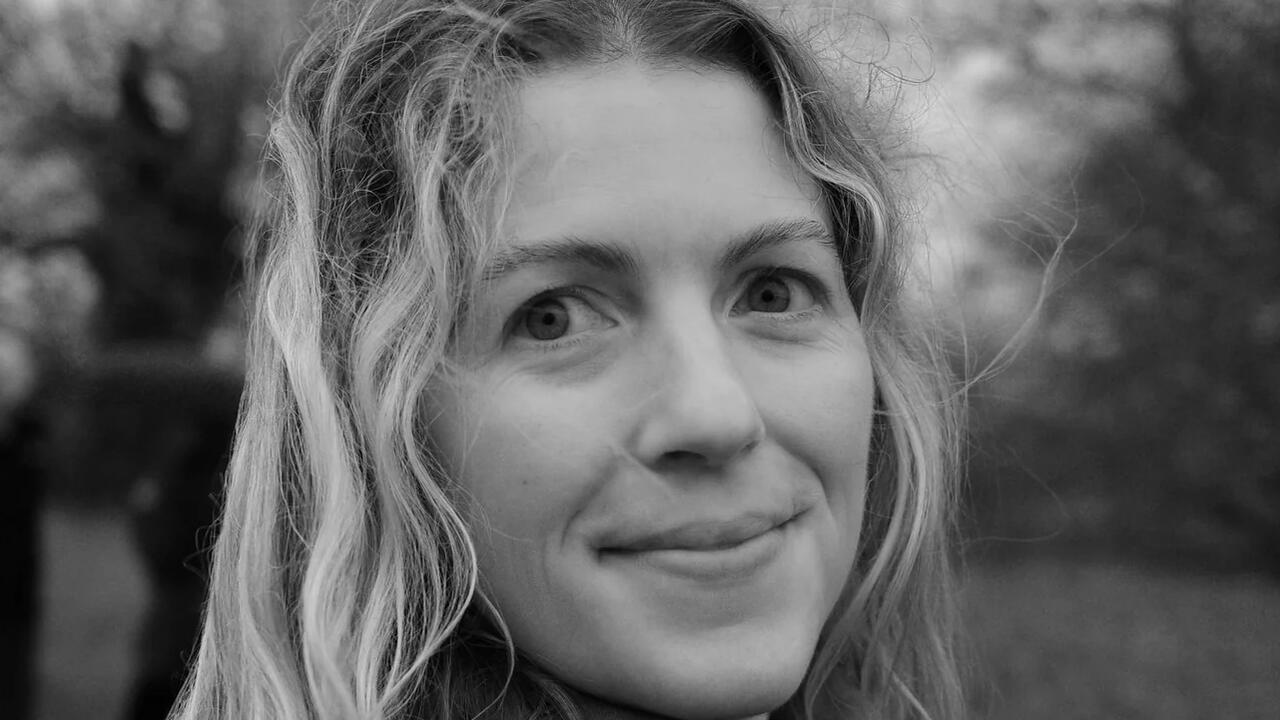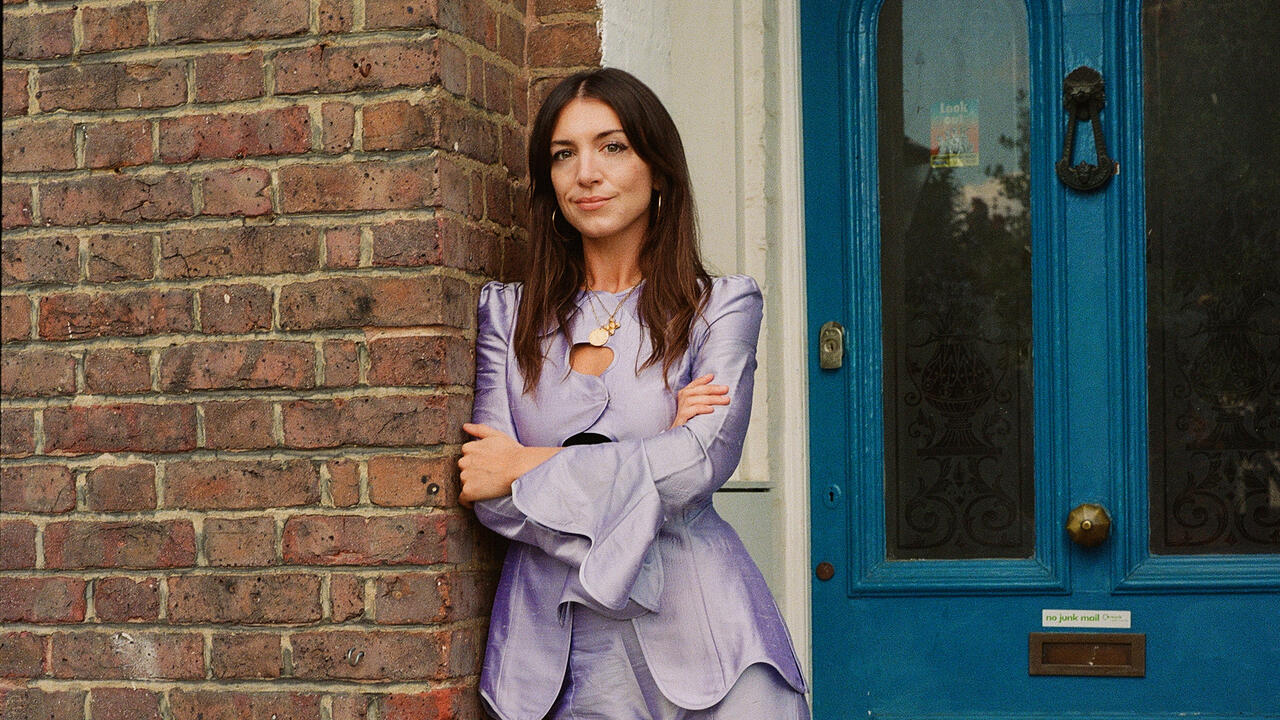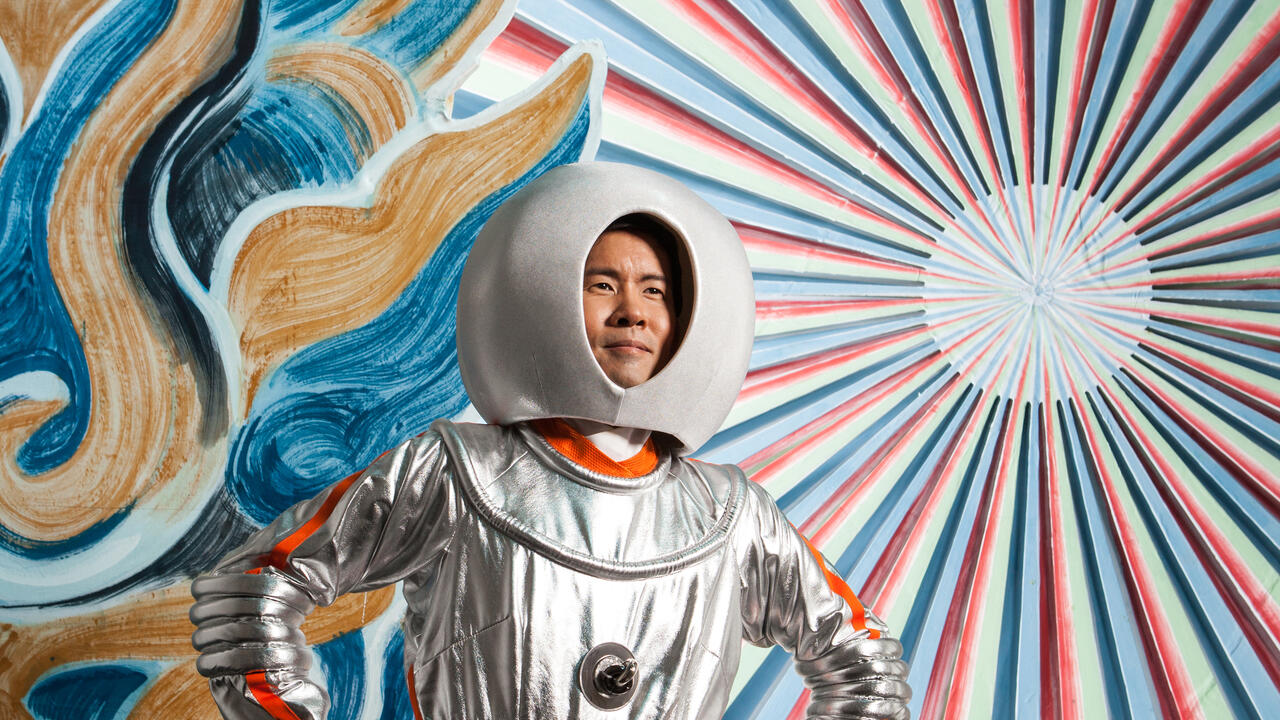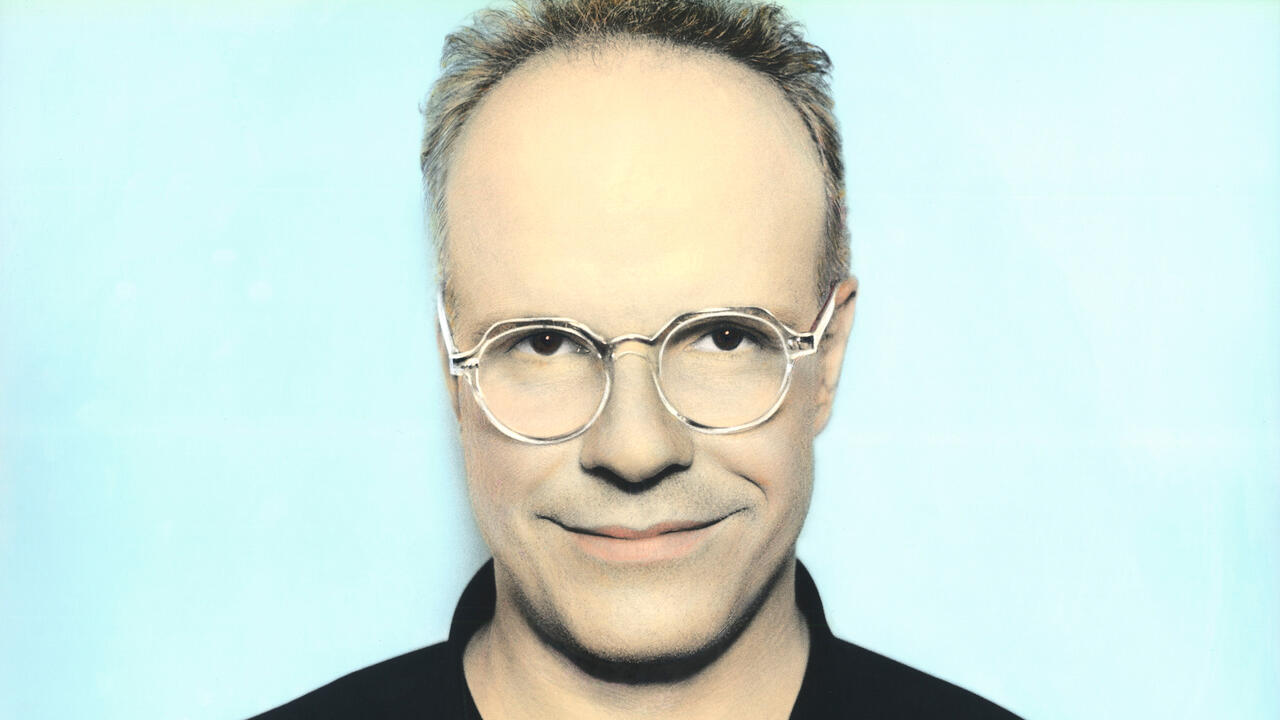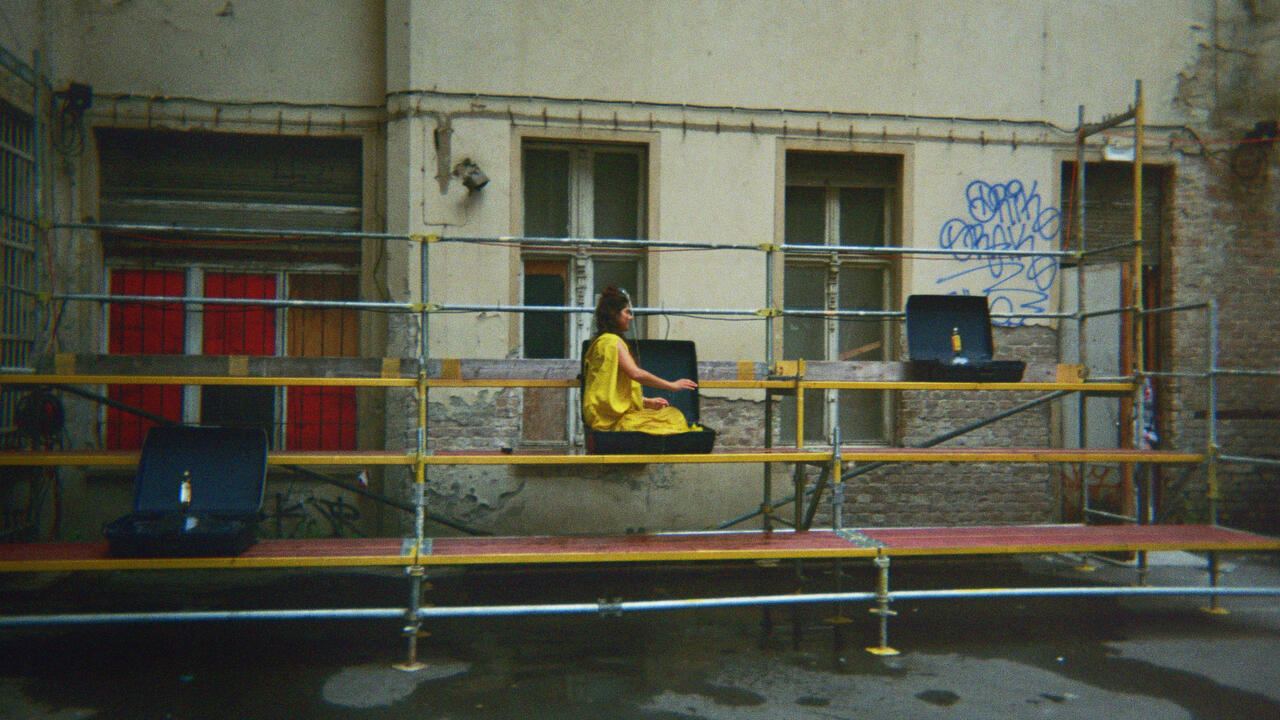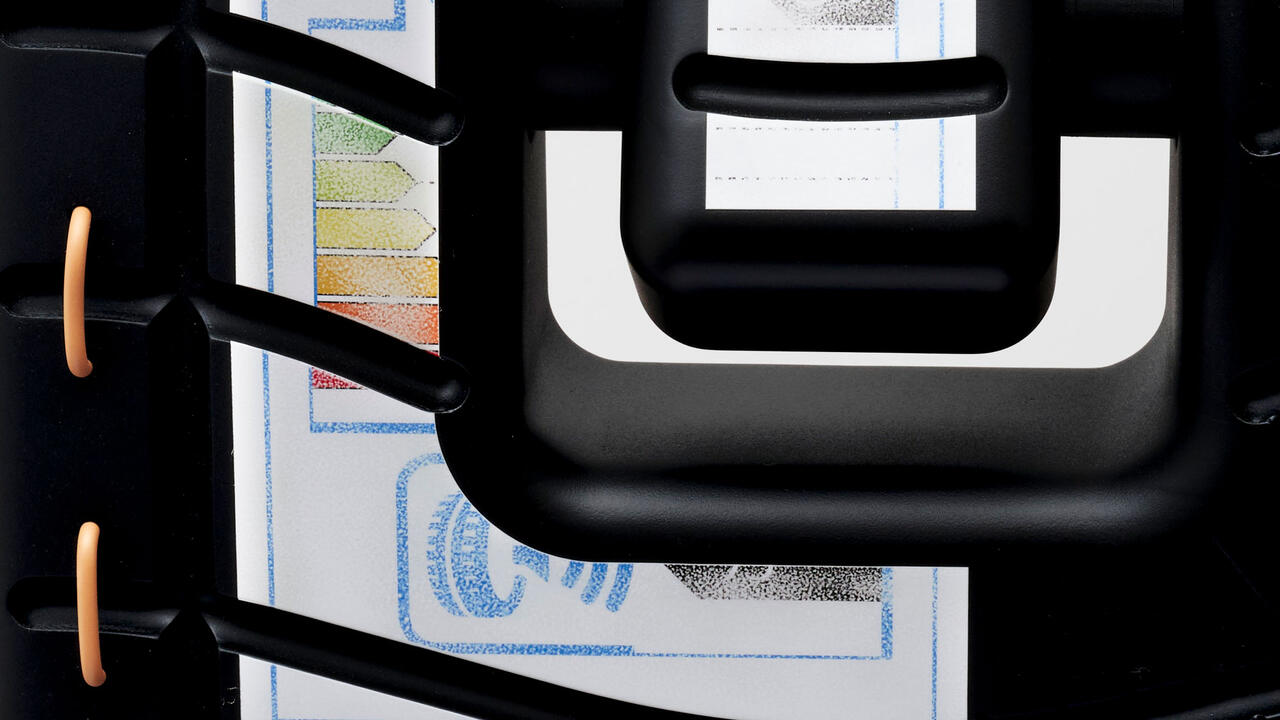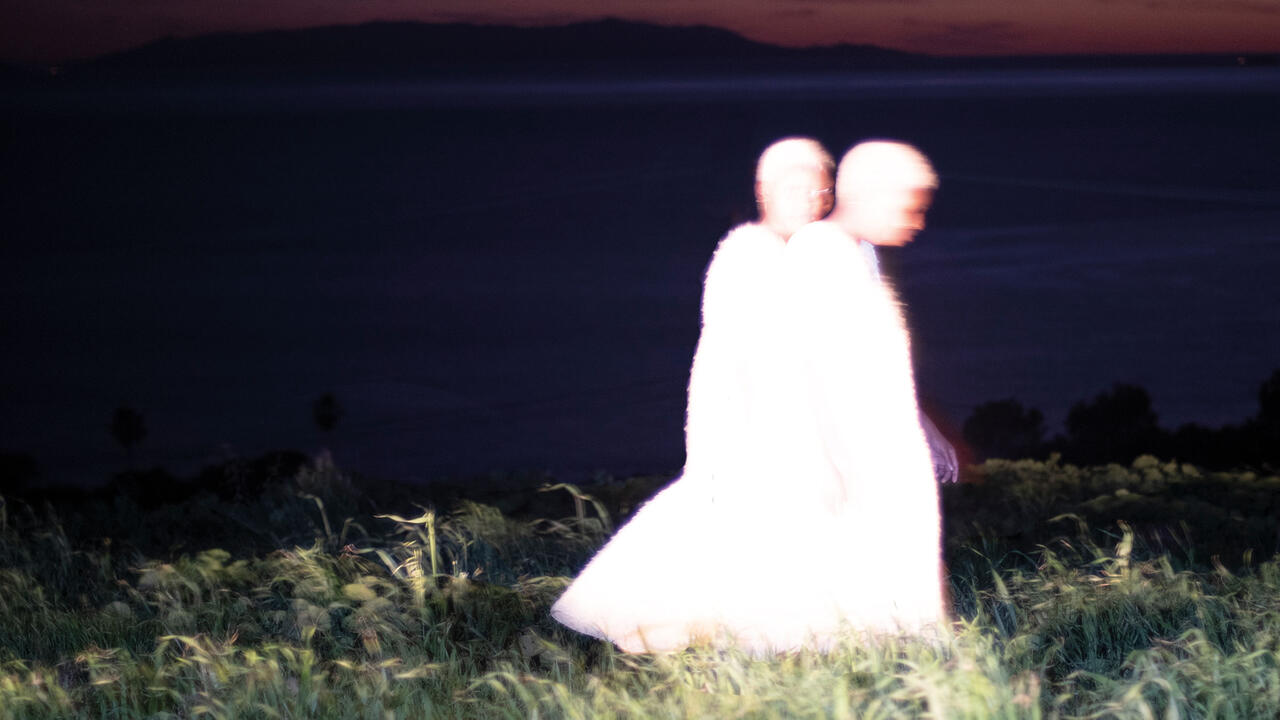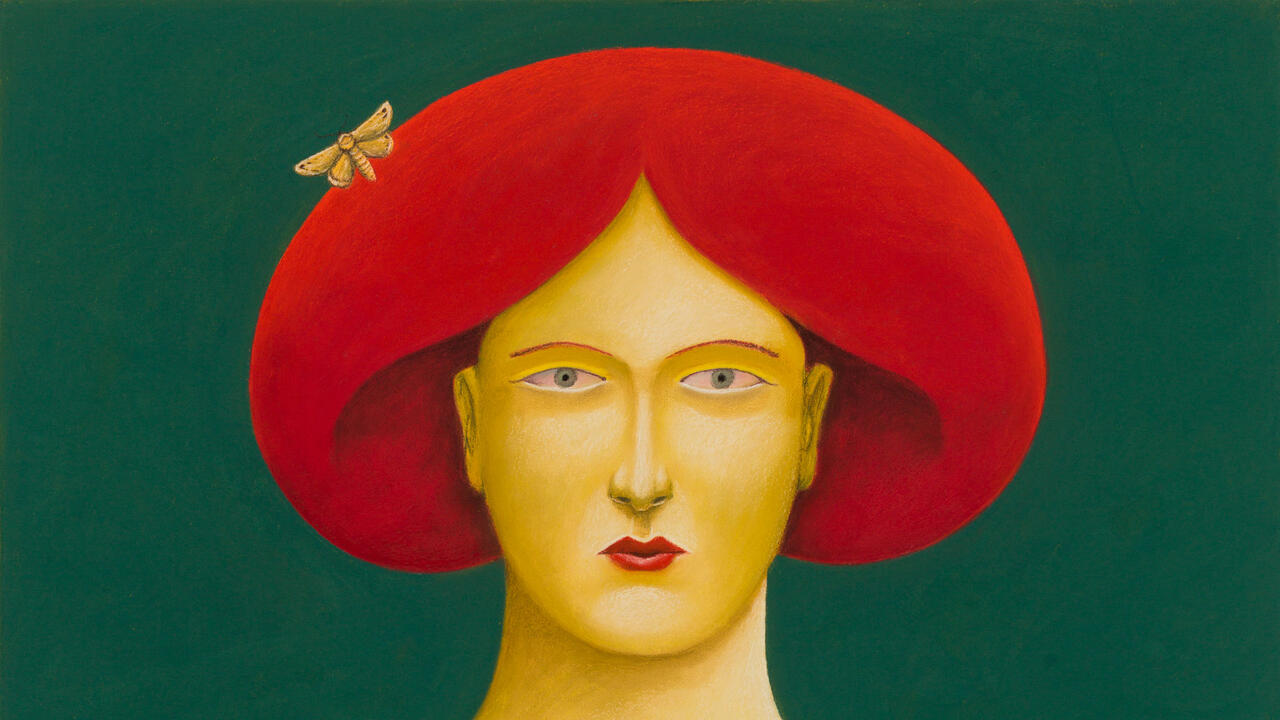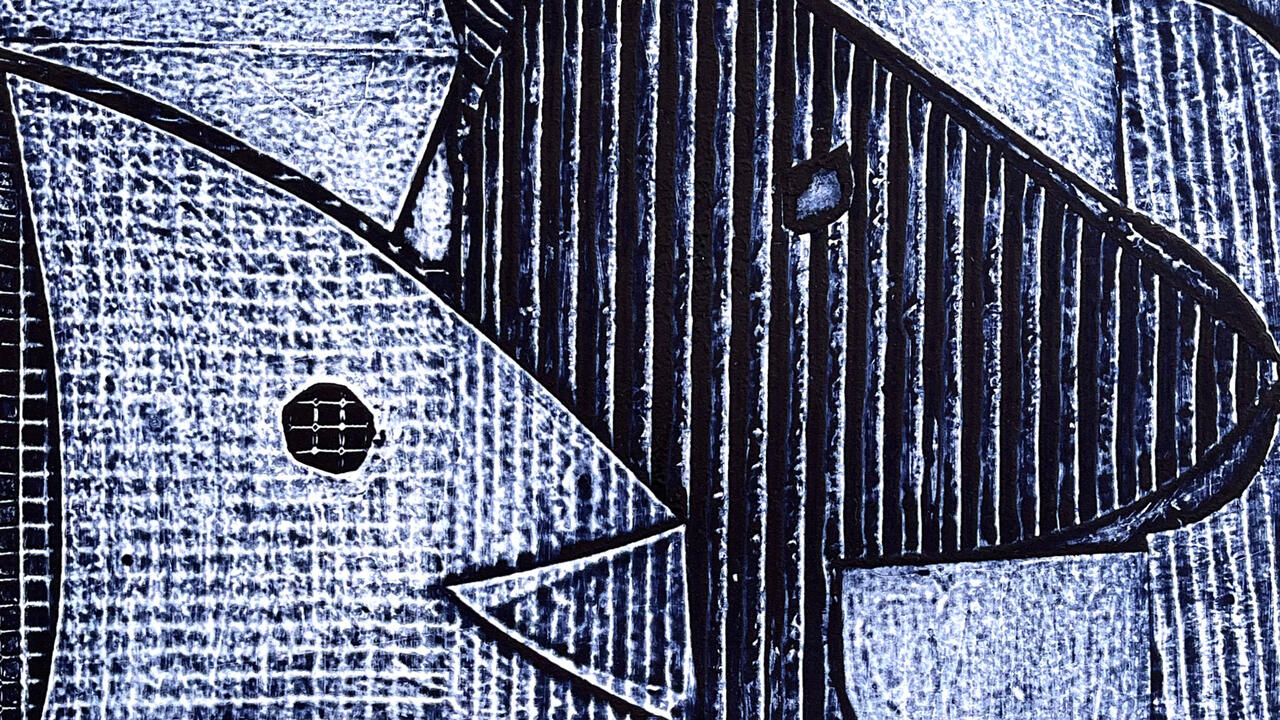Completely Unprofessional
From being citizens to lovers, the most important things in life can’t be professionalized. Is it time for some politically-directed amateurism?
From being citizens to lovers, the most important things in life can’t be professionalized. Is it time for some politically-directed amateurism?

Imagine Emily Dickinson listening to one of her poems being workshopped in an MFA seminar. Or Walter Benjamin presenting his scholarly writing to an accounting body like the Research Excellence Framework, the system ‘for assessing the quality of research in UK higher education institutions’, and waiting for a score for his work.
These scenarios are preposterous because Dickinson and Benjamin do not speak the auditor’s language. Dickinson and Benjamin were nonconformists with an inner confidence in the importance of their work even as they frustrated and flummoxed institutional gatekeepers. In them – and in countless other individuals, most of whom, unlike Dickinson and Benjamin, remain unvalidated by history – burned the flame of amateurism, which is the subject of a new book by Andy Merrifield: The Amateur: The Pleasures of Doing What You Love (Verso, 2017).

The feel-good title is a ruse; this is no collection of bromides. The Amateur is many things: a celebration of brilliant quirks, hobbyists both talented and not, and passionate activists, a full-frontal assault on professionalism, and a call to cherish our amateur pursuits. Professionalism, argues Merrifield, has not ensured quality and accountability, despite its confident assurances. (One need only think back to the array of media and policy experts who cheered on the 2003 invasion of Iraq). Instead, professionalism sucks out much of the joy we might take in all kinds work, from street cleaning to teaching to sculpting. Under neoliberalism, we must professionalize our labour; we are not allowed to do useful or interesting things simply because we find them satisfying but because we must sell our labour to the highest bidder in order to survive.
The art world has long had a contentious relationship with amateurism, from medieval guilds that legally prevented outsiders from trading in certain crafts, to the academies spawned in the 16th century touting the correct principles of art, to today’s market-driven CV credentialism. We may talk a big game when it comes to embracing creativity and expression in all forms, but gatekeeping arises only when there’s a perception that some people – most people – need to be fenced out. What exactly are we trying to exclude? What are we so afraid of? On an individual level, Merrifield challenges us to see like Charles Baudelaire, who found a liberating vitality in the amateur artwork of 19th-century war correspondent Constantin Guys. More broadly, he urges us to create social forms ‘responsive to people’s amateurism,’ such as The Amateur Culture Council in Bergen, Norway, a group ‘for everyone who does cultural activities in their spare time.’ The Council is an established part of Bergen life, involved in city governance, and provides guidance to individuals and groups who want to pursue cultural activity. Anyone can join.

For Merrifield, bearing the standard of amateurism is not an idle wish, but an urgent political project. He challenges us to consider: what kind of world could we create if ‘following our passions’ wasn’t an empty sales pitch or a manipulative goad from people trying to extract our labour for cheap, but something we had the time and resources to do? Workers in the arts, from gallerists to artists themselves, and yes, to art history lecturers, are familiar with exhortations to work for the love of it. Although it has spread far and wide, for those of us connected to the arts, this rhetoric predates capitalism; Cennino Cennini says as much in his Il libro dell’arte of c. 1400: ‘There are those who pursue [the artistic professions] because of poverty and domestic need, for profit and enthusiasm for the profession too; but above all these are to be extolled the ones who enter the profession through a sense of enthusiasm and exaltation.’ Sound familiar? Although Cennini extolls the artists who work for ‘purer’ motives, in the first part of his statement, even he seems to acknowledge that for most, it’s nigh impossible to separate ‘enthusiasm’ from ‘domestic need.’ Today, in order both to paper over the shame embedded in our ‘need’, and to ensure that a few winners will reap outside reward for the total sum of artistic labour performed – such as when acolytes work for already wealthy artists and institutions in exchange for a CV line – we’ve deliberately confused passion and professionalism.
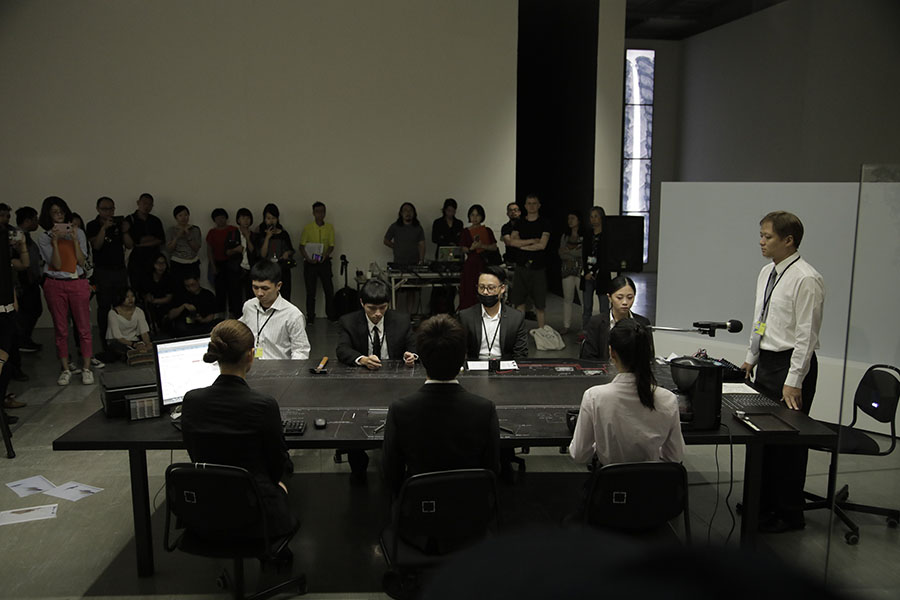
Merrifield also points out that at the same time as ordinary people feel forced to professionalize ever more aspects of their lives, other professionals increasingly shut them out of democratic processes. This tyranny is especially true at work: did you vote for your boss? In an argument similar to the one Tariq Ali makes in The Extreme Centre: A Warning (Verso, 2015), Merrifield lays out the alarming extent to which an exclusive political class has actively disenfranchised their own citizens, outsourcing the administration of municipal services and assets to fee-charging, privatizing consultants and managers. These professionals then draw up contracts and policy documents so complex and deliberately dry that they are impenetrable to ordinary people, including many politicians themselves. ‘I’ve lost track of the future,’ admits Labour councillor for Birmingham John Clancy, with regard to the city’s contract with private services provider Capita (drawn up by consultancy firm Ernst & Young). ‘I can’t tell you what Capita told me because it’s the very nature of these contracts that they’re bound in commercial confidentiality.’

Merrifield treats his topic as an amateur, organizing the book around his own particular experiences and tastes. For instance, Merrifield has an abiding love for his home city of Liverpool, which sparked his lifelong interest in urban history and politics. Accordingly, Merrifield spends ample time parsing the sleekly packaged urban policy of today’s jet-setting thought-leader class, which, he argues, enact elaborate, self-congratulatory but ultimately empty rituals like high-profile panels while saying very little at all. Merrifield’s arguments are informed by academic scholarship, but also by his own memories, the misadventures of Dostoyevsky’s unnamed anti-hero in Notes from the Underground, and activists like the occupiers of Gezi Park in Istanbul. Merrifield maintains this omnivorous approach to learning throughout, stitching together lessons from the Situationists, the tale of Rumpelstiltskin, Hannah Arendt, and others. He is not a professor of art history, folklore, or philosophy, nor is The Amateur ‘about’ any of these things, and that is precisely the point.
Reading The Amateur feels like a conversation with the author. While Merrifield is making a point, he’s not ‘delivering content’ or expounding. Because everyone’s knowledge, like Merrifield’s, is unique and idiosyncratic, there is room within and between his paragraphs to reflect on one’s own urban adventures, affecting childhood stories, heroes and villains, to build our own amateurish responses.

Merrifield reminds us that amateurs have real power. It is evident in the anger that amateurs arouse in professionals. One of the book’s standout quotations comes from Robert Moses, incensed at Jane Jacobs’ successful organizing in opposition to his planned Lower Manhattan Expressway: ‘There’s nobody against this – nobody, nobody, nobody, but a bunch of mothers!’ he shouts. The repetition of ‘nobody’ is revealing and comical: ‘nobody’ connotes non-existence, yet ‘nobody’ appears in the sentence four times. This, despite the fact that bunches of mothers have a solid history of bringing about world-historical change, from the women’s march on Versailles in 1789 to the International Women’s Day demonstration in Petrograd on 8 March 1917.
Delightful to read, The Amateur is also a timely salvo. Professionalism has not only done great damage by inflicting on the world too-smart-by-half schemes like credit default swaps and surgical strikes, but, as Merrifield notes, it’s paying fewer dividends than ever. Most people strive for professionalism not out of an inherent desire, but because for a long time, it was the ticket to a stable life. Now, with professional jobs giving way to the gig economy and casualization, perhaps the time is ripe for a wave of politically directed amateurism.

After all, the most important things we do in life, we do unprofessionally – and they can’t be professionalized. We are amateur friends, lovers, parents, citizens figuring things out as we go. These (often fumbling) endeavours sustain and empower us. When it comes to making and viewing art, then, we might take a cue from Julia Bryan-Wilson, who, when taking the ‘pro’ side of a debate, ‘Should artists professionalize?’ turned the question on its head:
‘Instead of ‘Should artists professionalize?’ we should ask, ‘How should artists profess?’ Profess, of course, has many meanings. One of them is to declare oneself skilled or expert – to assert knowledge. But it also means to lay claim to something falsely, insincerely. I think artists should profess, by accepting their expertise as well as their wily ways. I call for the professing of professionalism, ironizing and making strange professionalism, turning it upside down to curdle it, to estrange it from itself…’
Bryan-Wilson continues, ‘Should artists fictionalize rather than financialize? Make shit up? Falsify? Infiltrate? Yes.’ A tall order in a society that urges us to be cynical about everything but professionalism, but one worth striving for.
Main Image: Against-Again Troupe + Snow Huang, Concert of Performance Review, 2017, installation view, performed at Taipei Fine Arts Museum, 8-9 July 2017. Courtesy: Taipei Fine Arts Museum








